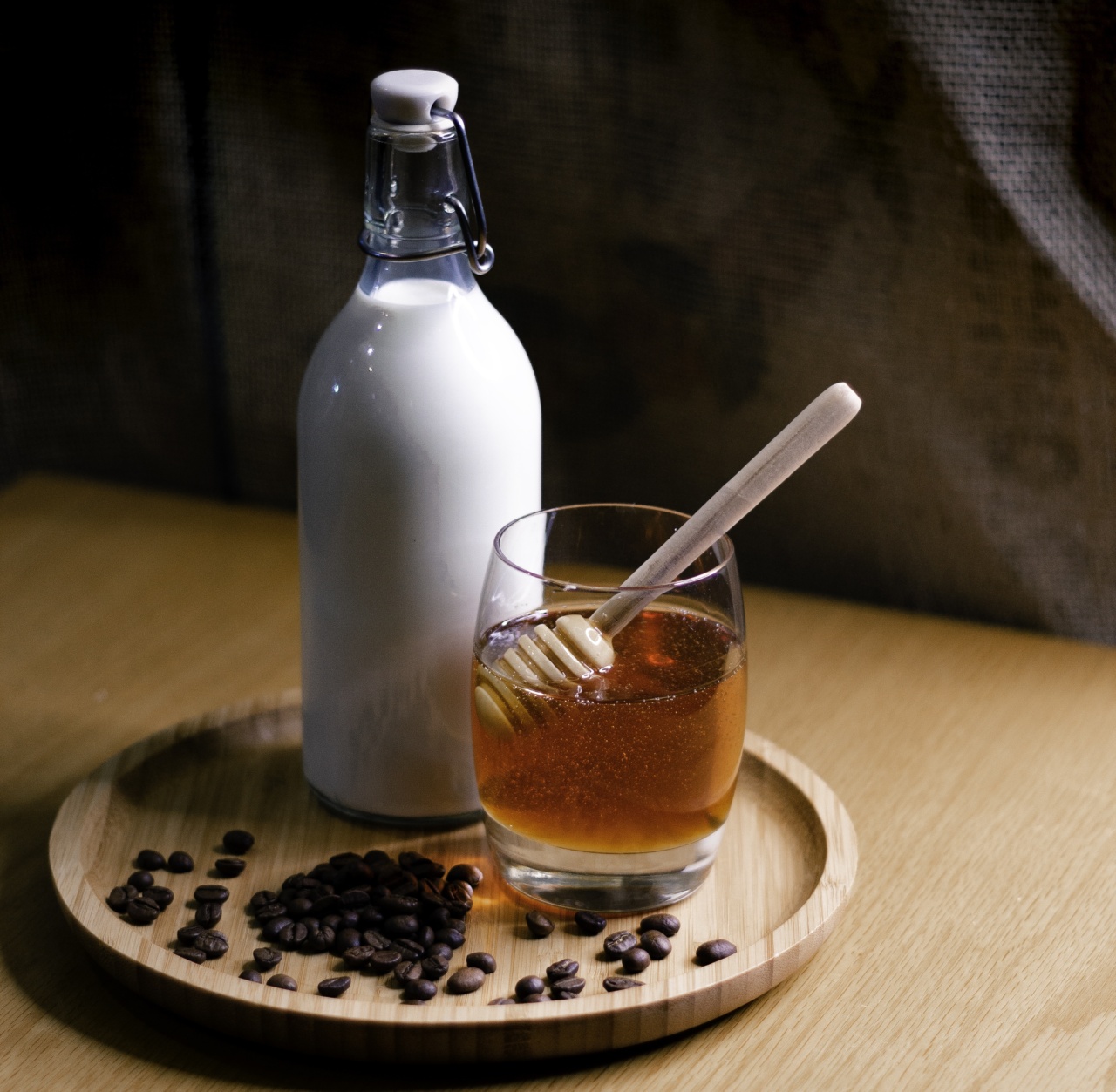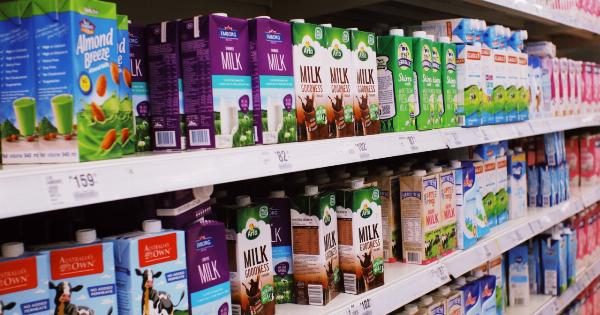Milk is not only a delicious and refreshing beverage, but it also offers numerous health benefits. If you are a health-conscious individual looking to lower your cholesterol levels, incorporating milk into your diet can be highly beneficial.
This comprehensive guide will provide you with insights on how milk can help reduce cholesterol, different types of milk to consider, and various strategies to maximize its cholesterol-lowering effects.
Understanding Cholesterol
Before we delve into the benefits of milk, let’s briefly understand cholesterol. Cholesterol is a type of fat found in our bloodstream and cells.
While our body naturally produces cholesterol, consuming high amounts of saturated and trans fats can significantly increase cholesterol levels, leading to various health issues.
The Benefits of Milk for Lowering Cholesterol
Drinking milk can have a positive impact on your cholesterol levels due to its unique composition and essential nutrients. Here are some ways milk can help reduce cholesterol:.
1. Low in Saturated Fat
Saturated fat is one of the leading causes of elevated cholesterol levels. The good news is that most varieties of milk, including cow’s milk, are naturally low in saturated fat.
Opting for low-fat or skim milk can further reduce saturated fat intake, promoting healthier cholesterol levels.
2. High in Essential Nutrients
Milk is an excellent source of essential nutrients such as calcium, vitamin D, and potassium. These nutrients play a crucial role in maintaining optimal heart health and indirectly contribute to lowering cholesterol.
3. Rich in Phytosterols
Phytosterols are plant compounds that structurally resemble cholesterol. However, they have the unique ability to block cholesterol absorption in the gut, resulting in lower overall cholesterol levels.
Many types of milk, including fortified varieties, contain added phytosterols to enhance their cholesterol-lowering effects.
4. Provides High-Quality Protein
Protein is an essential macronutrient that supports various bodily functions.
Consuming milk helps meet your daily protein requirements without the added cholesterol and saturated fat often found in animal protein sources such as red meat and full-fat dairy products.
Choosing the Right Type of Milk
With several milk options available in the market, it’s essential to select the most suitable variety for your cholesterol-lowering goals:.
1. Skim Milk
Skim milk, also known as fat-free milk, is one of the healthiest choices you can make when aiming to lower cholesterol. With negligible amounts of fat and cholesterol, skim milk provides all the benefits of milk without any of the downsides.
2. Low-Fat Milk
If you prefer a slightly creamier texture, low-fat milk is an excellent compromise. It contains a small amount of fat but still significantly less than whole milk. Low-fat milk strikes the perfect balance between taste and low cholesterol content.
3. Soy Milk
Soy milk, derived from soybeans, is a popular dairy-free alternative. It is naturally cholesterol-free and contains plant compounds that may actively lower cholesterol levels. Opt for unsweetened varieties to minimize added sugars.
4. Almond Milk
Almond milk is another cholesterol-free milk substitute that can be part of a cholesterol-lowering diet. Rich in unsaturated fats and vitamin E, it offers various health benefits while keeping your cholesterol in check.
Look for unsweetened options for the best results.
Maximizing the Cholesterol-Lowering Effects of Milk
To achieve optimal results, try incorporating the following strategies into your milk consumption routine:.
1. Balanced Diet
Pairing milk with a balanced diet is key to lowering cholesterol levels. Focus on consuming whole grains, fruits, vegetables, lean proteins, and healthy fats while limiting saturated and trans fats.
2. Regular Exercise
Regular physical activity plays an important role in maintaining heart health and improving cholesterol levels. Engage in activities such as brisk walking, cycling, or swimming for at least 150 minutes per week.
3. Moderation is Key
While milk can be beneficial for cholesterol, it’s essential to consume it in moderation. Too much of any food, even a healthy one, can have adverse effects on your overall health.
4. Monitor Portion Sizes
Be mindful of your portion sizes when enjoying milk. Measuring your milk consumption can help you keep track of calories, fat, and cholesterol intake.
Conclusion
If you are health-conscious and looking to lower your cholesterol levels, milk can be an excellent addition to your diet.
Its low saturated fat content, essential nutrients, and cholesterol-lowering properties make it a valuable ally in promoting heart health. Choose from various milk options, incorporate it into a balanced diet, and implement healthy lifestyle habits to maximize its benefits.






























